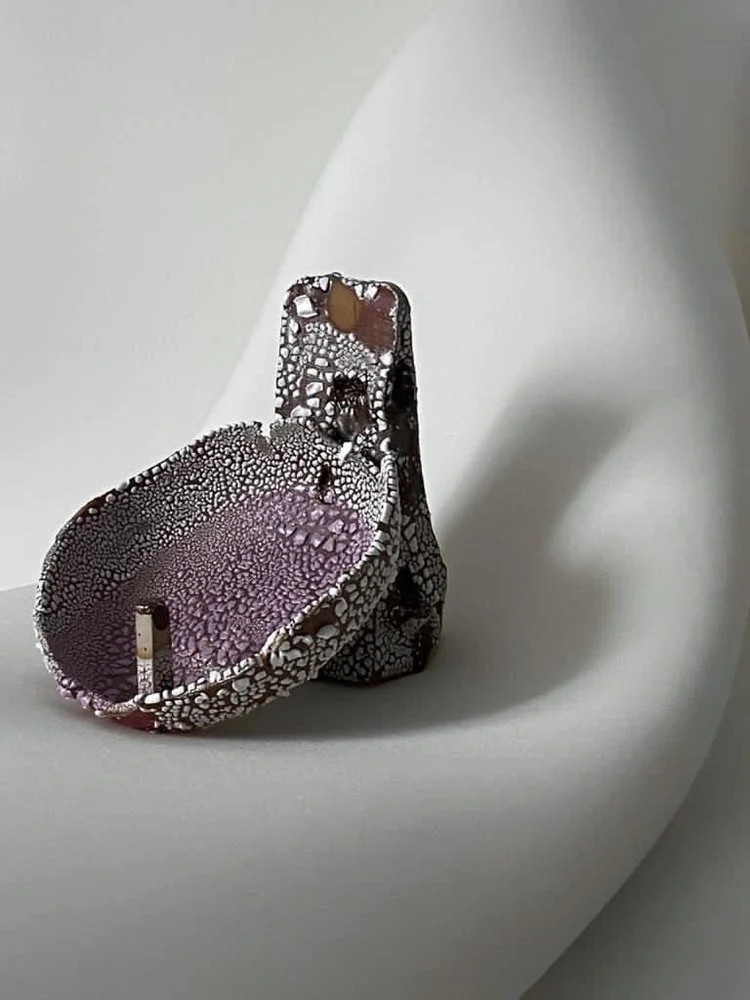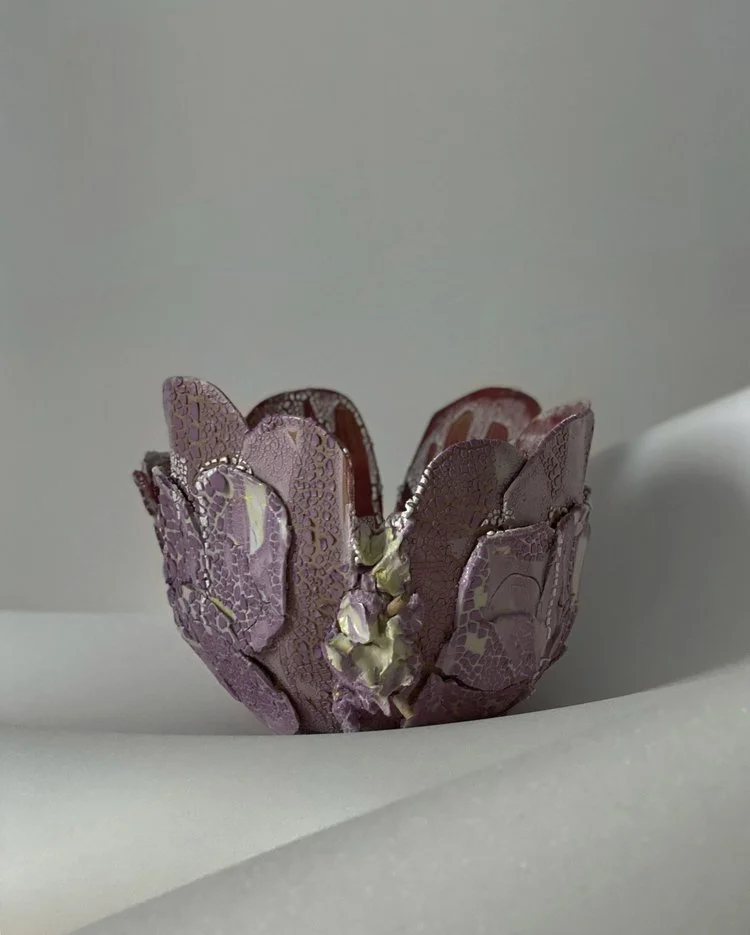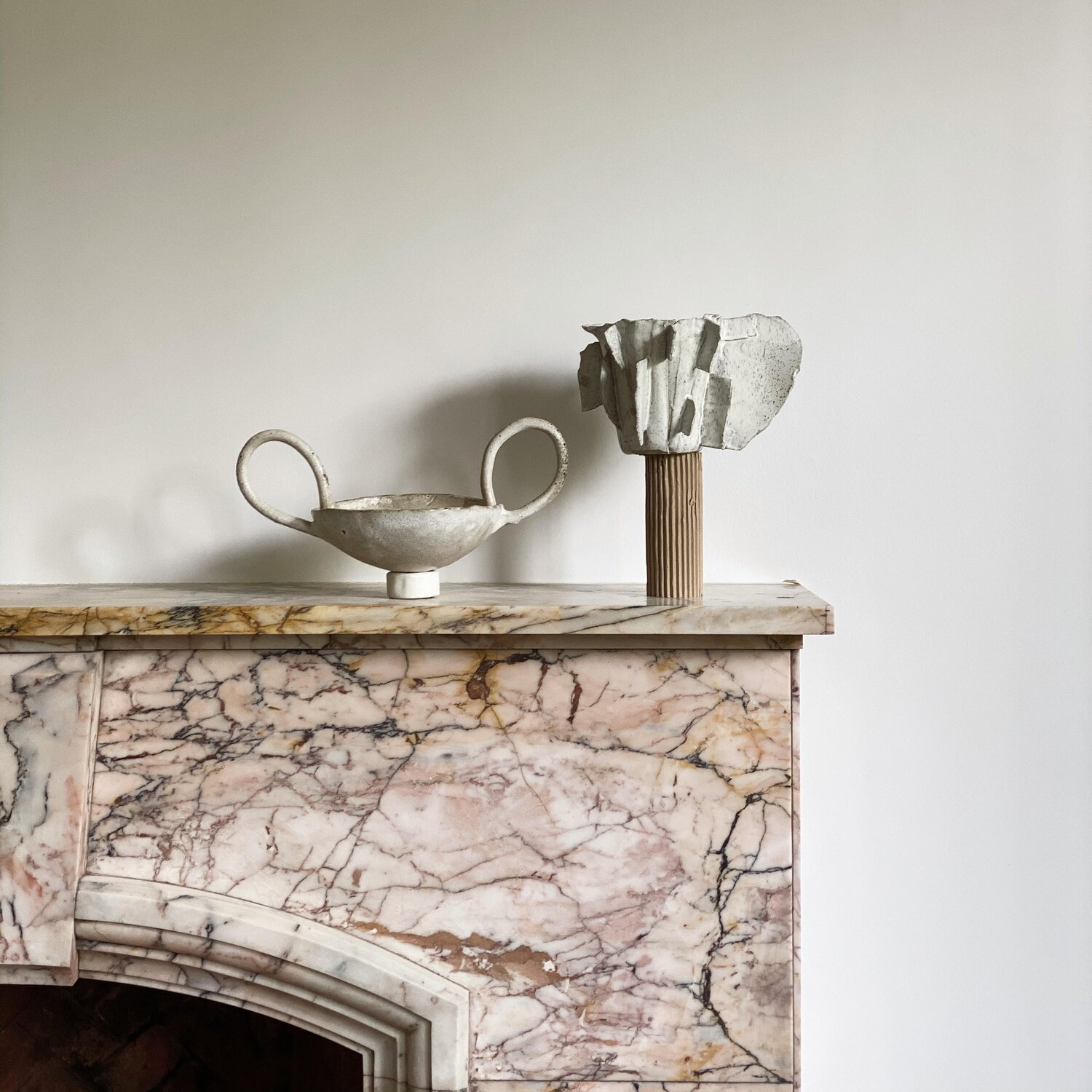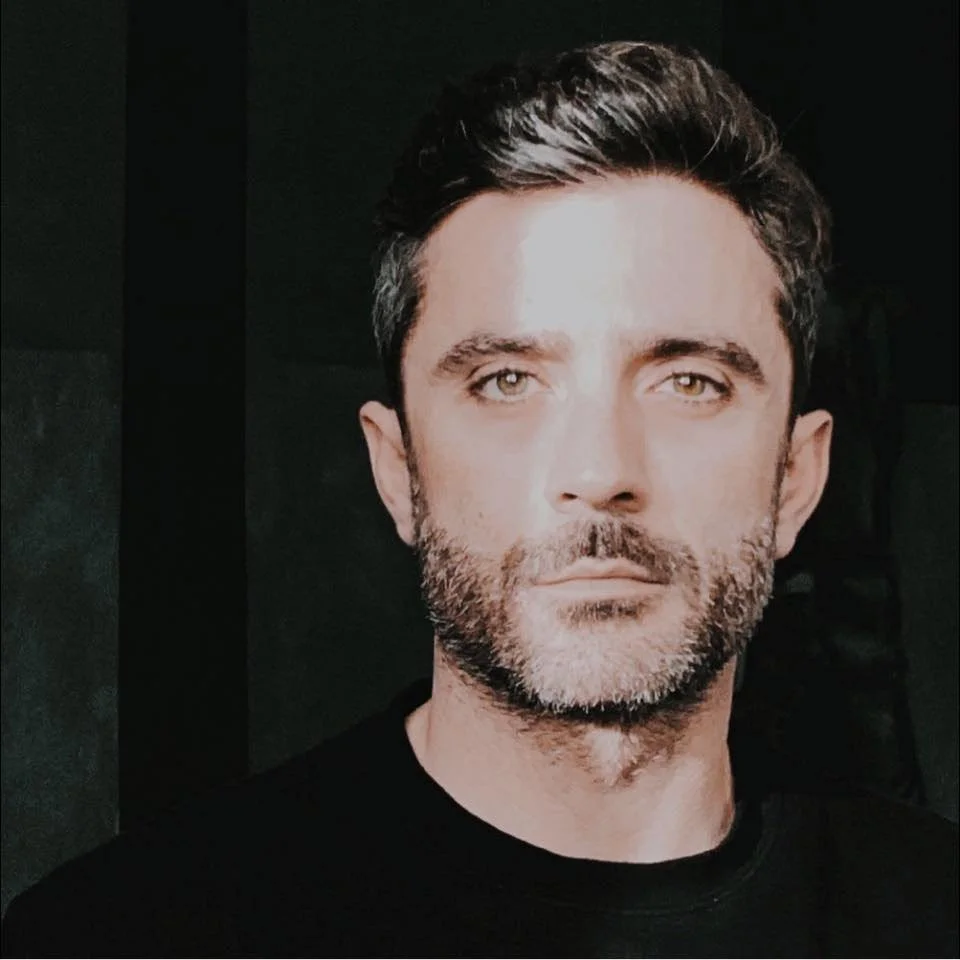A conversation with Anestis Michalis
For Athens-based interior stylist and creative director Anestis Michalis, simplicity rooted in nature is the purest expression of creativity. It is an ethos that he has expressed throughout his decades-long career, which began with his creative direction for the pages of ELLE Décor and subsequently unfolded into his creative consultancy practice.
The distinct silhouettes of his ceramics is what originally caught our eye and drew us to his work. Singular pieces of ceramic, each is an invitation to experience a deep emotional journey.
“Through each piece, I want to create unique feelings and positive vibes. It can be anything from a deep emotion, but also even a distinct smell that is brought to life in your mind when you see the piece. At the same time, I wish to leave each piece open to each individual’s interpretation, asking ‘what do you see?” Inevitably, everyone’s answer will be different, and that, to me, is where the beauty in each piece lies.”
His most recent line of ceramics, a.i.r., captures differing glazes that ooze out of ceramic vessels, embodying contrasting elements that point to concepts of ‘wrongness’, yet which Anestis constantly leaves open to the viewer’s interpretation. Each piece captures the ambiguous space that lies between the finished and unfinished, the earth and the water elements, all while celebrating forms of opposition which these ‘creatures’ express.
Ceramics by Anestis Michalis
Inspired by our conversation with Anestis earlier this year, which led to the publication of a feature within Design Anthology UK’s Issue 24, we caught up with Anestis and asked ten questions inspired by the Proust Questionnaire - a questionnaire that has its origins in a parlour game that had been popularised by French essayist Marcel Proust, designed to reveal the player’s true nature.
What is your idea of perfect happiness?
We ought to understand that any discussion about happiness and the measurement of happiness has to be grounded in an ethical debate and approach. This is absolutely key for me, since art has a crucial place in society and is inextricably related to human wellbeing.
What is your current state of mind?
It's really hard to identify a state of mind in this precarious moment of radical change.
If you were to die and come back as a person or a thing, who or what would she/he/it be and why?
I believe in the present moment. I was never preoccupied with the idea of the afterlife.
If you could change one thing about yourself, what would it be?
Sometimes my impulsiveness.
What is your greatest regret?
The only regret I can only articulate is the big box of ice cream I devoured last week!
What is your most treasured possession?
The people that allowed me to become who I am today.
What is the quality you most like in a man?
For me, the human factor cannot be moulded into gender norms.
What is the quality you most like in a woman?
For me, the human factor cannot be moulded into gender norms.
Anestis Michalis
The Rooster by Anestis Michalis
What do you consider your greatest achievement?
Articulating an achievement constitutes a fictitious barrier that prevents me from allowing my practice to evolve and face even greater challenges.
What is your motto?
Don't overthink things. Just get started.





